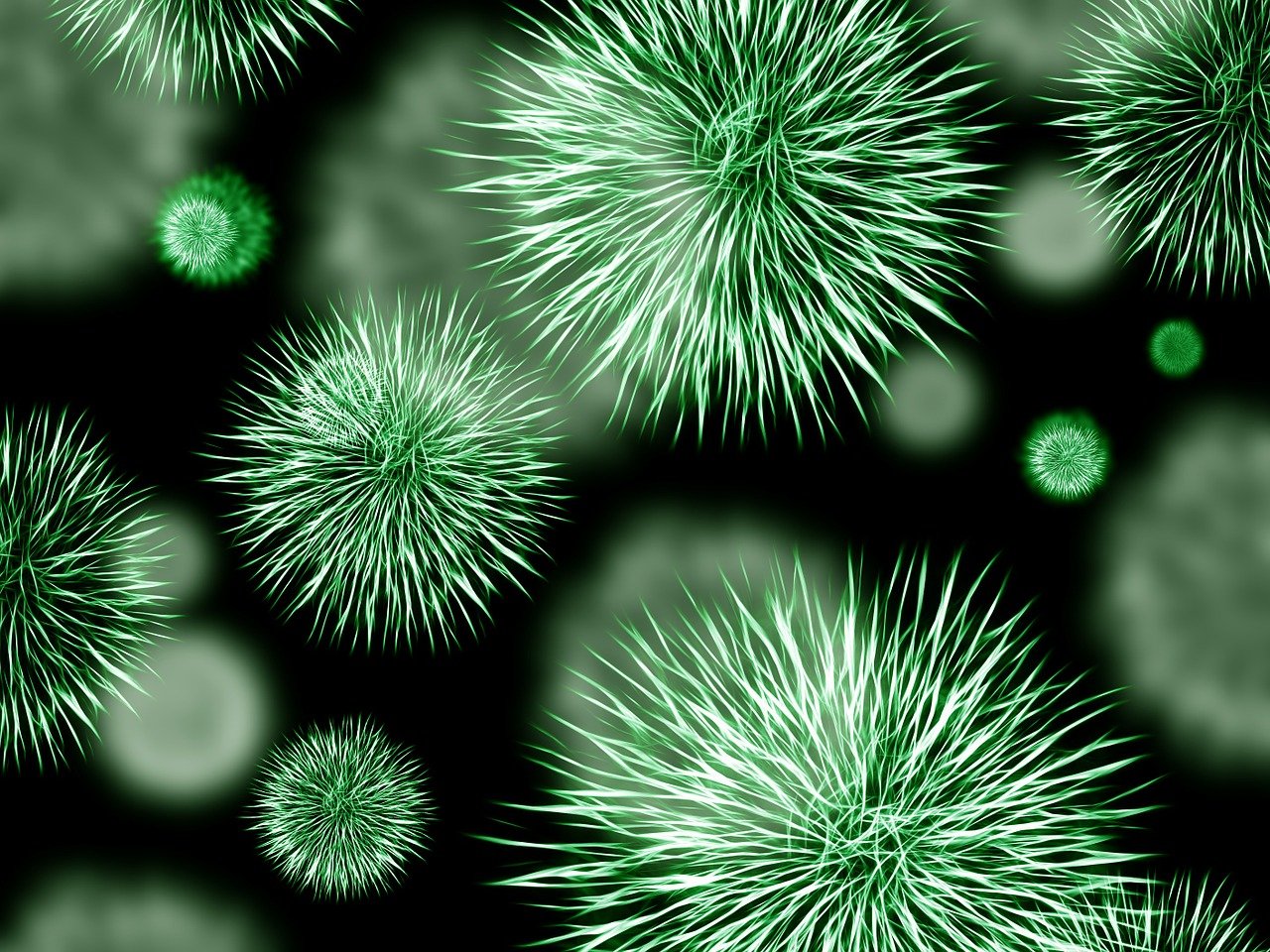Before we see if Antimicrobial resistance is the new pandemic, let’s look at the case of a young girl from the UK who developed severe antimicrobial resistance post her surgery in 2016. No amount or type of antibiotics could treat her condition pushing her into a critical situation . Although it was not in clinical use, the doctors had to retort to a solution- bacteriophage therapy, involving viruses that kill bacteria.
What is antimicrobial resistance? Why could it be our next potential pandemic? What can we do about it? Read on to know more.
What is AMR?
Antimicrobial resistance is the process in which microbes like bacteria, fungi, or yeast can resist the effects of antibiotics. This is something to worry about because this would mean our life-saving antibiotics will stop working against the specific pathogen. This is specifically the reason why antimicrobial resistance could be our next pandemic. Read on to know more about this.
How do microbes develop resistance to antibiotics?
Microorganisms change continuously over time making them resistant to the antibiotic once effective on them. Microbes that develop antimicrobial resistance are given a special term- superbug. Microbes changing is a natural phenomenon which will happen slowly over a period. However human activities and lifestyle have enhanced the change in the microbial genome. Human activities include the misuse or overuse of over-the-counter antimicrobials to prevent, treat, or control infections.
When we take antibiotics, most bacteria die. However, some bacteria will try to protect themselves from the antibiotics and develop resistance to them. They eventually divide and grow rapidly. This group of resistant bacteria is almost impossible to treat with antibiotics and this gives rise to antimicrobial resistance. These super-bugs turn on certain genes associated with internal resistance or get genes from other bacteria through horizontal gene transfer.
What could go wrong?
Antimicrobial resistance makes infections harder to treat and increases the spread of diseases. If left untreated the infection could lead to severe illness and eventually lead to death. Let’s look at the shocking statistics:
According to the WHO,
It is estimated that bacterial AMR was directly responsible for 1.27 million global deaths in 2019 and contributed to 4.95 million deaths.
Setting aside the illness part, it is putting a financial strain as treating AMR is very expensive. We require more intensive care for the patients thanks to antimicrobial resistance. This results in extended hospital stays.
The World Bank estimates that AMR could result in US$ 1 trillion in additional healthcare costs by 2050 and US$ 1 trillion to US$ 3.4 trillion in gross domestic product (GDP) losses per year by 2030.
A lot of diseases could not be cured without the help of antibiotics including chemotherapy, organ transplantation, crucial surgeries, and even intensive care for newborns. With the advent of antimicrobial resistance, it has become increasingly difficult and almost impossible to treat such conditions. They must turn to a 2nd or 3rd line of treatments for treating such diseases.
For instance, Pneumonia could readily be treated with penicillin before the era of antibiotic resistance. However, this now requires a second or third line of antibiotics.
The reservoir of antimicrobial-resistant genes
Soil is considered a common source of AMR genes. When water contaminated with fecal samples is sprayed on the food crops, they may dislodge the antibiotic-resistant bacteria from the soil. A large amount of antibiotics enters the municipal water through incomplete metabolism or disposal of unused antibiotics. This water infected with AMR bacteria cannot be treated as the environmental wastewater treatment plant supports the growth of antimicrobial-resistant bacteria.
These resistant bacteria spread to both aquatic and terrestrial life. A lot of us depend on livestock like meat and fish. Antibiotic-resistant strains also spread through this route. This brings us to our next question- why is AMR a global pandemic?
Why is antimicrobial resistance a global pandemic?
Antimicrobial resistance is a global phenomenon. AMR is known to spread among people, especially in hospital environments. One must maintain proper hygiene like sanitation and the use of masks. Avoid contact with contact with contaminated surfaces such as door handles, over-bed tables, and call bells, and contaminated equipment, such as stethoscopes and blood pressure cuffs.
In addition to this AMR strains also spread through the food we eat (as seen in the previous section).
One cannot stress the fact that human health, environmental health, and animal health are intertwined. We live in coexistence. We are all exposed to deadly pathogens, making this a global pandemic. Shortly, you will see what you can do on your part to prevent the spread of AMR.
Why does it affect specific socioeconomic groups?
Although AMR affects countries belonging to different socioeconomic backgrounds, it is enhanced by poverty and inequality.
According to a recent report by the Africa Centre for Disease Control (Africa CDC),
Major drivers of AMR in the region include the overuse and misuse of antimicrobials in human and food systems, migration, suboptimal vaccination rates, and environmental contamination from hospital and pharmaceutical effluents. Additionally, there is a lack of access to quality-assured antimicrobials and diagnostics, compounded by inadequate knowledge about AMR.
A lack of access to clean and safe water, poor Water, Sanitation, and Hygiene, inadequate infection prevention measures, and suboptimal vaccinations make things worse.
Some examples of bacteria that resist antibiotics
Here’s a list of some deadly villains that might play a role in AMR becoming a global pandemic.
- Staphylococcus aureus (‘golden staph’) and Neisseria gonorrhoeae are now almost always resistant to benzylpenicillin
- Staphylococcus aureus is resistant to methicillin
- Enterococcus resistant to vancomycin
- Mycobacterium tuberculosis against a wide range of antibiotics
What can we do to prevent the spread of antimicrobial resistance?
- Avoid the overuse of antibiotics- many believe antibiotics are the ‘wonder drugs’ that can cure them of any illness. But it is not advisable to take medicines without consulting a medical professional
- Only take medications when needed
- Avoid the use of over-the-counter medications- In a lot of countries, one does not require a prescription to buy a medicine
- Doctors and other medical practitioners should avoid over-prescribing drugs
- Patients should take the medications exactly as directed- at the right time and right dosage
- Avoid the use of antibiotics in food-producing animals- when we consume their meat or food products, we are indirectly ingesting the antibiotic which in turn leads to antibiotic resistance
- Pharmaceutical companies also have to dispose of expired tablets or remove the waste products from the industries to keep them away from the environment eventually reducing the risk of antimicrobial resistance
What is your take on this? Comment below!


Thanks for sharing this informative article after a long break!